
Find Help
More Items From Ergsy search
-
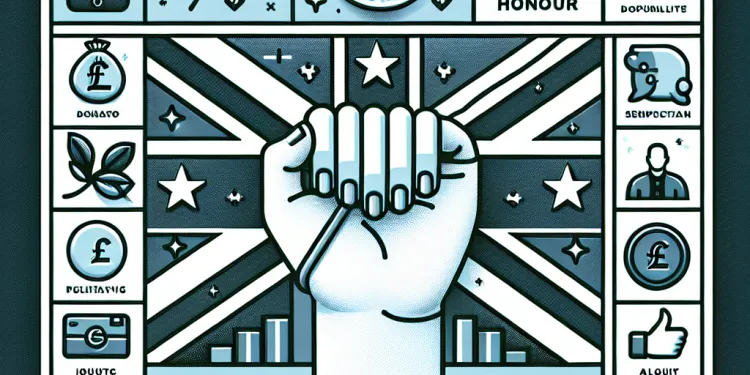
How does honour based abuse impact victims?
Relevance: 100%
-

What is Honour Based Abuse?
Relevance: 98%
-

Who can be a victim of honour based abuse?
Relevance: 96%
-
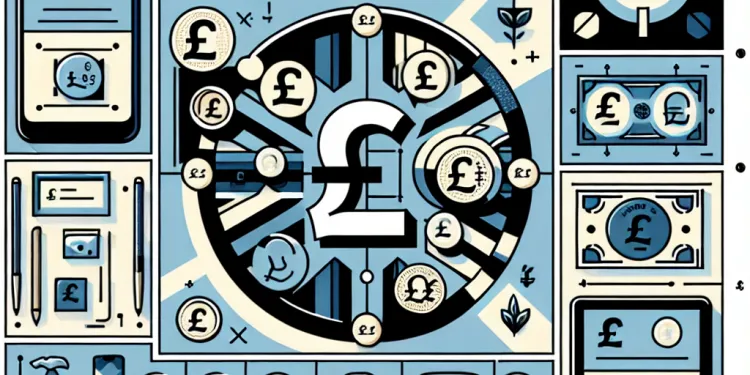
Is honour based abuse a cultural practice?
Relevance: 94%
-

Can men be perpetrators of honour based abuse?
Relevance: 82%
-
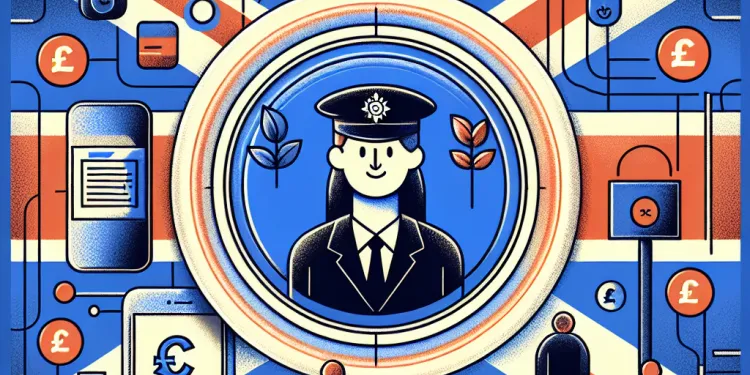
What are the signs of honour based abuse?
Relevance: 79%
-
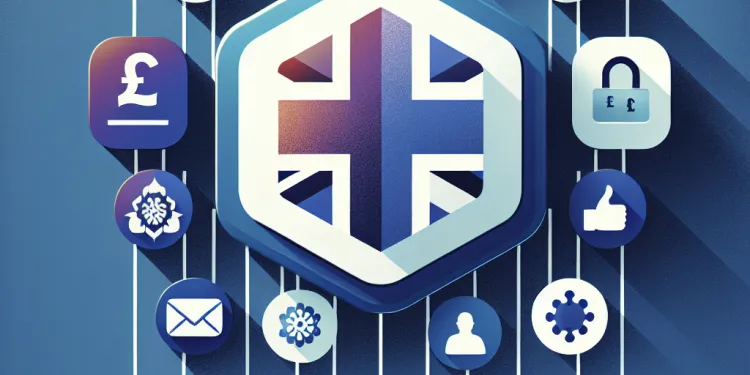
How can honour based abuse be prevented?
Relevance: 77%
-

What forms can honour based abuse take?
Relevance: 77%
-

Are you a male victim of domestic abuse?
Relevance: 55%
-

What is the purpose of honour based abuse?
Relevance: 42%
-

How prevalent is honour based abuse?
Relevance: 42%
-

What constitutes economic abuse under the Domestic Abuse Act 2021?
Relevance: 41%
-
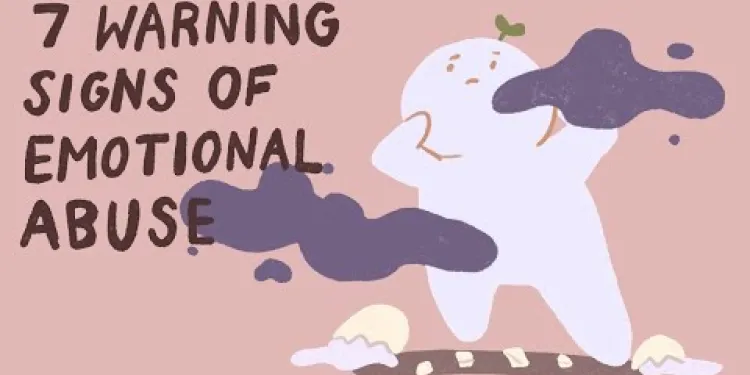
7 Warning Signs of Emotional Abuse
Relevance: 41%
-

What is the new Domestic Abuse Act in the UK?
Relevance: 40%
-
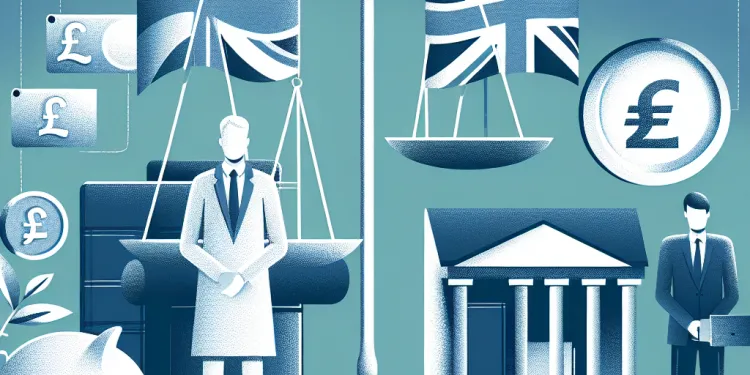
Understanding the New Domestic Abuse Laws in the UK
Relevance: 40%
-
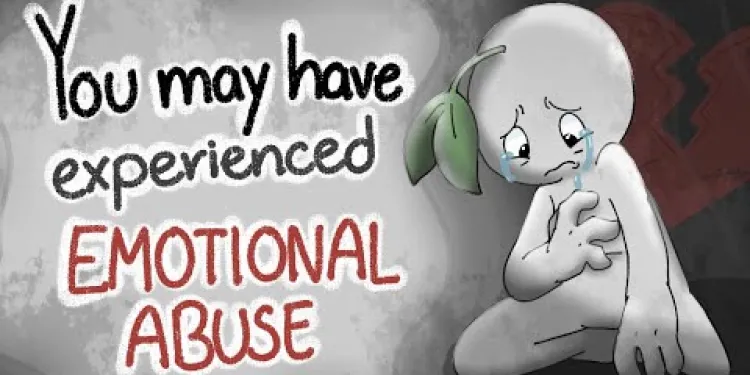
6 Signs of Emotional Abuse and Neglect
Relevance: 39%
-

Understanding the Impact of the UK's New Domestic Abuse Legislation
Relevance: 39%
-

When Kids Abuse Kids
Relevance: 38%
-
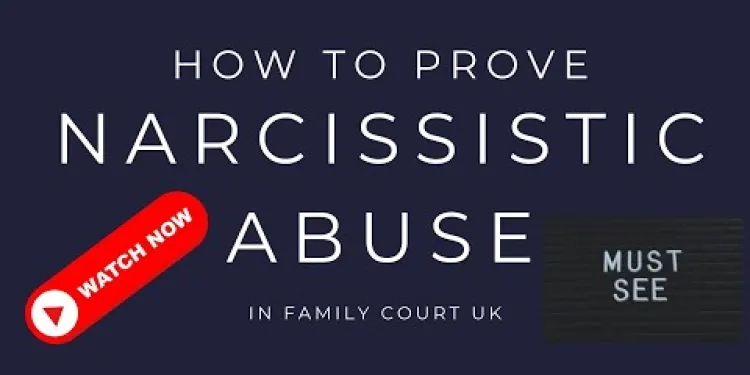
How To Prove Narcissistic Abuse In Family Court UK
Relevance: 38%
-

When did the Domestic Abuse Act 2021 come into effect?
Relevance: 36%
-

Who can be considered a domestic abuse perpetrator under the new law?
Relevance: 35%
-
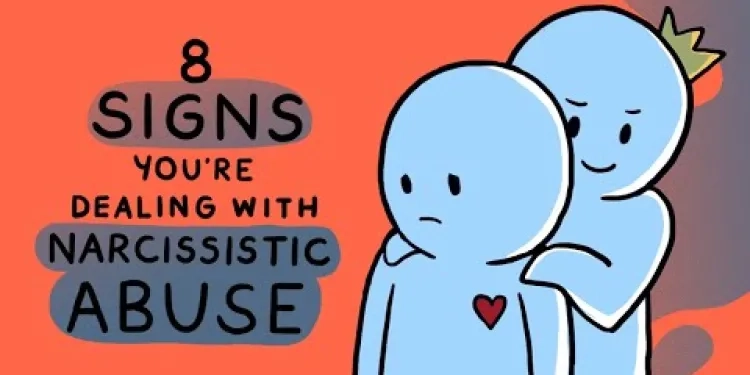
8 Signs You Are Dealing with Narcissistic Abuse
Relevance: 35%
-
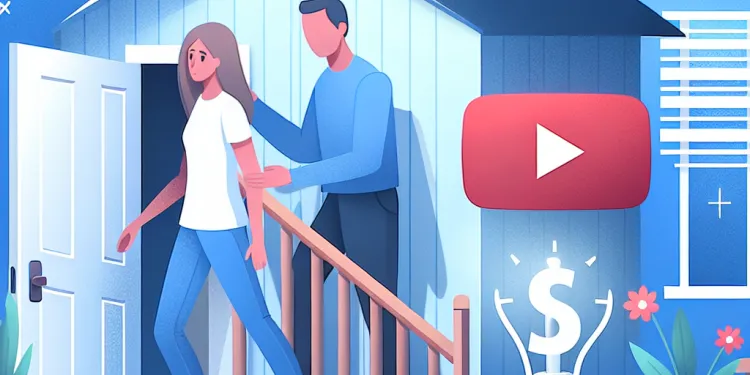
Steps to Take When Facing Domestic Abuse
Relevance: 34%
-
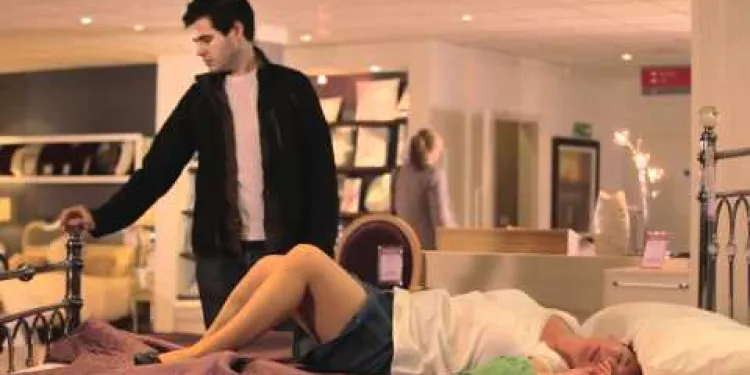
Live Fear Free - Domestic Abuse
Relevance: 33%
-
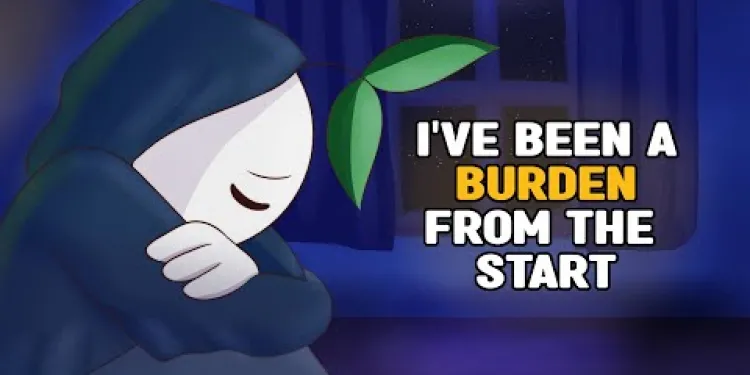
5 Signs You've Been Mentally Abused
Relevance: 31%
-
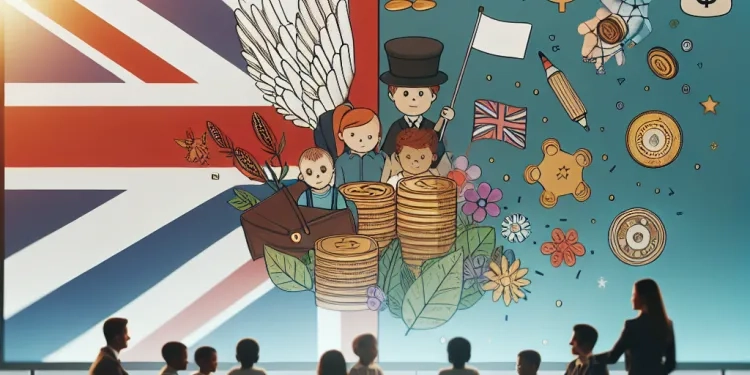
Three-year limit for child sexual abuse claims to be removed
Relevance: 31%
-

Live Fear Free - The Effect of Domestic Abuse on Children
Relevance: 30%
-

How do scammers trick victims over the phone?
Relevance: 26%
-
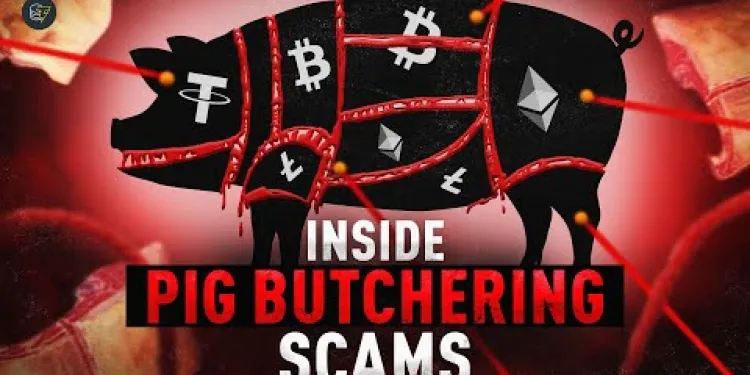
The Most Dangerous Crypto Scam: Victims Speak Out
Relevance: 26%
-

Phishing Scams EXPOSED Don't Fall Victim to These Tricks!
Relevance: 25%
-

What are the common signs that a child might be a victim of grooming?
Relevance: 19%
-
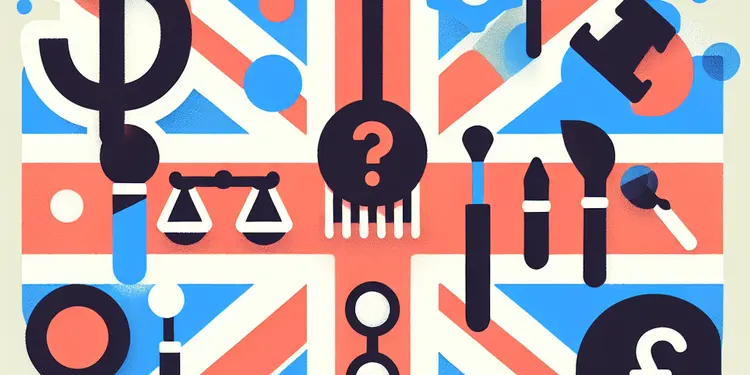
What role does secrecy play in the grooming process?
Relevance: 19%
-
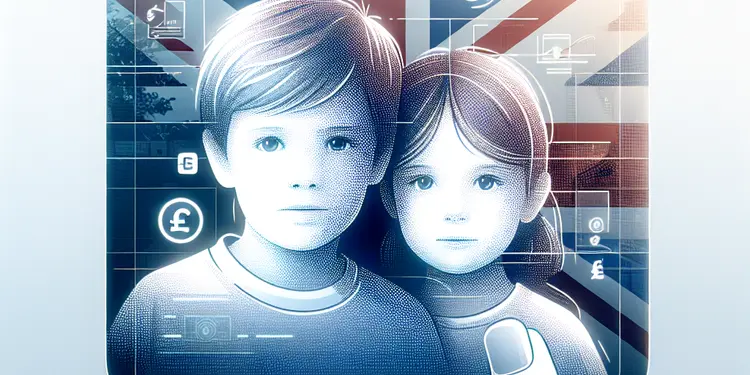
Are boys or girls more likely to be targets of grooming?
Relevance: 18%
-

What are the new protocols for domestic violence cases in family court in 2026?
Relevance: 18%
-

What is Gaslighting?
Relevance: 16%
-
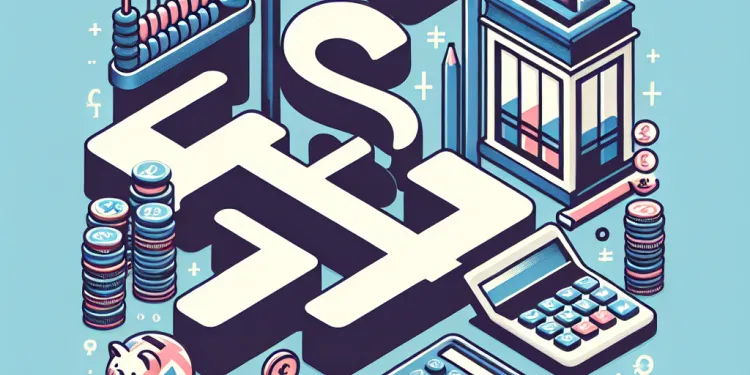
How can I calculate my new earnings based on the National Living Wage increase?
Relevance: 15%
-
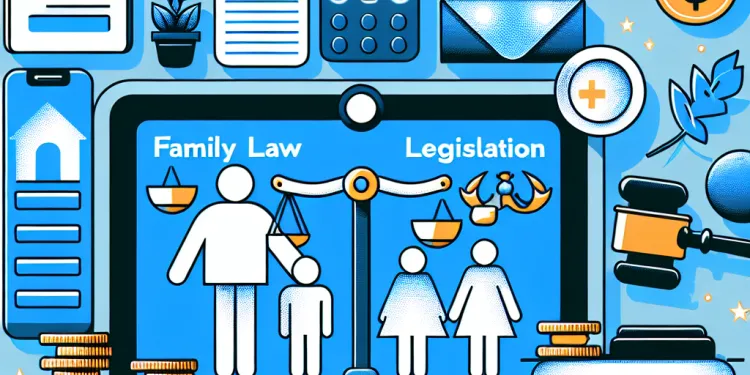
Impacts of Recent Changes to Family Law Legislation
Relevance: 15%
-

Can grooming happen in real-life settings, not just online?
Relevance: 14%
-

Is it possible to prevent grooming entirely?
Relevance: 14%
-
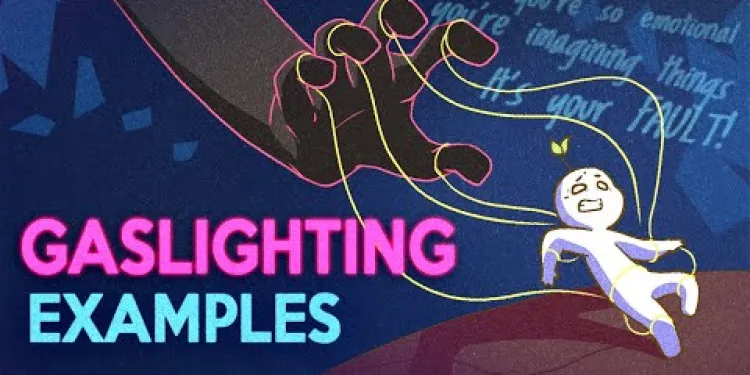
10 Examples of What Gaslighting Sounds Like
Relevance: 13%
Who Can Be a Victim of Honour Based Abuse?
Honour based abuse (HBA) is a form of domestic abuse primarily perpetrated to protect or defend the honour of a family or community. Whilst it is often seen as a problem within certain cultural, ethnic, or religious communities, it is not confined to specific demographics and can affect a wide range of individuals. It is important to note that anyone can be a victim of honour based abuse, and it transcends gender, age, and societal class.
Women and Young Girls
Women and young girls are the most common victims of honour based abuse. They are often targeted due to traditional gender roles within their communities. Victims may face abuse for reasons such as dressing in ways considered inappropriate, choosing a partner against the family's wishes, or even seeking education or employment. The perceived infringement on cultural or familial norms can lead to honour based abuse as a means of enforcing compliance.
Men and Boys
While less commonly recognized, men and boys can also be victims of honour based abuse. Males may be subjected to abuse for failing to conform to expected masculine roles or for defying familial expectations. Issues such as refusing arranged marriages, forming relationships deemed inappropriate, or distancing themselves from traditional family values can result in males becoming victims of HBA.
LGBTQ+ Individuals
LGBTQ+ individuals can face significant risks of honour based abuse in communities where non-heteronormative sexual orientations or gender identities are seen as shameful or dishonourable. Coming out as gay, bisexual, transgender or engaging in same-sex relationships can lead to severe repercussions within their communities, with some even facing threats to their life or being forced into corrective practices.
People from Various Ethnic Backgrounds
While HBA is often associated with specific ethnic groups, it is not confined to certain backgrounds. Any community where collective family honour is prioritized over personal freedom can witness occurrences of honour based abuse. Understanding that it can happen across different backgrounds helps in identifying and supporting victims who might otherwise be overlooked.
Individuals Experiencing Social Isolation
Victims of honour based abuse may also be characterized by social isolation. Cultural or religious differences can sometimes isolate individuals from mainstream society, making them more vulnerable to such abuses. The lack of a supportive network outside their immediate community may leave them feeling trapped and more susceptible to continued abuse.
In conclusion, honour based abuse can affect a diverse range of individuals. Understanding its reach is essential for effective prevention and support. By recognizing that it crosses gender, age, and cultural lines, communities and support organizations can better address the needs of those at risk and provide more inclusive and effective support systems.
Who Can Be a Victim of Honour Based Abuse?
Honour based abuse (HBA) is a kind of family abuse. It happens to keep or defend the family's or community's honour. It can happen in any culture, religion, or ethnic group. Anyone can be a victim of honour based abuse. It can affect people of any gender, age, or social class.
Women and Young Girls
Women and young girls are often victims of honour based abuse. They might be hurt because they do not follow traditional roles for women. For example, if they dress differently, choose a partner their family does not like, or seek education or work. These actions may be seen as not following cultural or family rules, leading to abuse to force them to obey.
Men and Boys
Men and boys can also be victims of honour based abuse, but it is less talked about. They might be abused if they do not act in the way expected of men or do not follow family rules. This can happen if they refuse an arranged marriage or have relationships the family does not approve of.
LGBTQ+ Individuals
LGBTQ+ people are at risk of honour based abuse. In some communities, being gay, bisexual, or transgender is seen as wrong. If someone comes out as LGBTQ+, it might lead to serious problems. They might be hurt or forced to change who they are.
People from Various Ethnic Backgrounds
Honour based abuse can happen in any ethnic group. It is not just a problem for a few specific groups. If a community cares more about family honour than personal freedom, honour based abuse can happen. Knowing this helps find and help victims who might be hidden.
Individuals Experiencing Social Isolation
Victims of honour based abuse might feel alone. Cultural or religious differences can make them feel separate from the rest of society. They might not have a support system outside their community and feel trapped, which makes it easier for abuse to continue.
In short, honour based abuse can happen to many different people. Understanding who it affects is important for stopping it and helping victims. Knowing that it crosses lines of gender, age, and culture can help communities and support groups provide better help for those who need it.
Frequently Asked Questions
What is honor-based abuse?
Honor-based abuse is a form of violence committed to protect or defend the honor of a family or community, often stemming from cultural and societal norms.
Who can be a victim of honor-based abuse?
Anyone, regardless of age, gender, or background, can be a victim of honor-based abuse, though it often disproportionately affects women and girls.
Are men also victims of honor-based abuse?
Yes, men and boys can also be victims, though it is less commonly reported than cases involving women and girls.
Can honor-based abuse affect individuals in the LGBTQ+ community?
Yes, individuals in the LGBTQ+ community may be targeted for honor-based abuse due to their sexual orientation or gender identity, particularly in cultures where these aspects are seen as dishonorable.
How does age factor into being a victim of honor-based abuse?
Victims can be of any age, but younger individuals, particularly adolescent girls, are often targeted due to issues related to family honor and marital expectations.
Are victims of honor-based abuse always related to the abuser?
Victims are often family members, but they can also be friends or partners if their actions are perceived as bringing dishonor to the family.
Is honor-based abuse limited to specific cultural or religious groups?
While certain cultural or religious communities may face higher instances, honor-based abuse can occur in any culture where family honor is highly prized.
Can victims of honor-based abuse seek help from authorities?
Yes, victims are encouraged to seek help from authorities, though fear of repercussions from their community or family may deter some from doing so.
What are some reasons individuals become victims of honor-based abuse?
Reasons may include refusing an arranged marriage, having a relationship disapproved by the family, or behaving in ways that conflict with cultural norms.
Are there specific signs that someone might be a victim of honor-based abuse?
Signs can include isolation from friends, withdrawal from activities, or evidence of physical harm, as well as fear of family or community members.
Can children be victims of honor-based abuse?
Yes, children can be victims, especially if there are family expectations tied to cultural norms that they are perceived to violate.
What role do community pressures play in honor-based abuse?
Community pressures often play a significant role, as the desire to maintain or restore family honor is motivated by societal expectations.
Are victims of honor-based abuse at risk of forced marriage?
Yes, forced marriage is a common issue tied to honor-based abuse, especially for young women expected to marry according to family arrangements.
How are victims supported after experiencing honor-based abuse?
Support can include police protection, access to safe houses, counseling, and legal aid, though the effectiveness varies based on location and awareness.
Can educational institutions play a role in preventing honor-based abuse?
Yes, schools and universities can raise awareness, provide support to victims, and work with authorities to report concerns.
Is it common for victims of honor-based abuse to be disowned by their family?
Yes, disownment or estrangement from family is a potential risk for victims who are perceived to have brought dishonor.
What should someone do if they suspect they are a target of honor-based abuse?
Individuals should seek support from trusted friends, professionals, or authorities to ensure their safety and access to necessary resources.
What challenges do victims of honor-based abuse face when seeking help?
Challenges include fear of retribution, cultural stigma, lack of understanding from authorities, and the complexity of leaving a familial environment.
Can online behaviors lead to honor-based abuse?
Yes, online behaviors such as social media interactions that are viewed as inappropriate by family standards can lead to honor-based abuse.
How can society help prevent honor-based abuse?
Society can help by increasing awareness, supporting victims, enforcing relevant laws, and promoting cultural understanding and dialogue.
What is honor-based abuse?
Honor-based abuse is when someone hurts or controls another person to protect the family's reputation or honor. It can include hitting, making someone do things they don't want to, or stopping them from having friends.
If you or someone you know is in trouble, it is important to talk to someone you trust, like a teacher or a safe adult. They can help you.
Honor-based abuse is when someone hurts others to keep their family's or community's honor safe. It happens because of certain cultural and societal rules.
Who can be hurt by honor-based abuse?
Anyone can be hurt by honor-based abuse. This can happen to boys, girls, women, or men. Often, it happens to people in families or communities where honor is very important.
If you or anyone you know might be in danger, it's important to talk to someone you trust. You can also call a helpline for support. They can help you stay safe.
A good way to understand more is to ask questions and use pictures to help explain. Adults like teachers or friends can also help explain if you are unsure.
Honor-based abuse can happen to anyone. It doesn't matter how old they are, if they are a boy or a girl, or where they come from. But it happens more often to women and girls.
Can men also be hurt by honor-based abuse?
Yes, men can be hurt by honor-based abuse too.
Honor-based abuse is when people hurt others because they think it protects their family's honor.
If you are a man and think you are being hurt this way, it is important to talk to someone you trust.
You can also call a helpline for help. They can listen to you and give support.
Yes, men and boys can be hurt too. They do not talk about it as much as girls and women.
Does honor-based abuse hurt LGBTQ+ people?
Yes, it can. Honor-based abuse means hurting someone because they have broken "family rules" or "cultural rules." People in the LGBTQ+ community might face this abuse because of who they are.
Here is how to understand it better:
- "Honor-based abuse" is when people try to control others using fear or hurt.
- LGBTQ+ means people who are lesbian, gay, bisexual, transgender, queer, or other identities.
- This abuse can make people feel scared or sad.
- If you or someone else is facing this abuse, talk to a trusted adult or use a helpline for support.
Using tools like picture cards or talking with a helper can also make this easier to understand.
Yes, people who are LGBTQ+ can be hurt or treated badly because of who they love or how they see themselves. This can happen in places where being LGBTQ+ is not accepted.
Does age matter if someone is hurt because of honor?
People who get hurt can be any age. But often, young girls are picked on the most. This is because of family rules and how marriages should be.
Do people hurt by honor-based abuse always know the person hurting them?
The people who get hurt can be family. They can also be friends or partners. This happens when people think their actions make the family look bad.
Does honor-based abuse only happen in certain cultures or religions?
Honor-based abuse is when people try to hurt or control others to protect their family's honor or reputation. It can happen in any culture or religion. It is not just one type of group.
If you want to understand more, you can use tools like pictures, videos, or ask an adult you trust for help.
Honor-based abuse can happen in any culture where family honor is very important. Some cultural or religious groups might experience it more, but it can happen to anyone.
Can people hurt by family traditions ask for help?
If your family hurts you because of their traditions, you can ask for help. You can talk to the police or other people who are there to keep you safe. Remember, it's okay to ask for help.
Here are some tips:
- Talk to a grown-up you trust, like a teacher or a neighbor.
- Call a helpline. They can listen and give you advice.
- Write down what happens. This can help when you talk to the police.
Stay safe and know that people care about you.
If someone gets hurt, they should talk to the police or another person who can help. But sometimes, people feel scared because their family or friends might not like it if they ask for help.
Why do some people get hurt because of family honor?
Here are some reasons why:
- Doing something the family thinks is wrong.
- Not following family rules or traditions.
- Liking someone the family doesn’t approve of.
- Wanting to make your own choices.
If you feel sad or scared, talk to someone you trust. You can also reach out to a helpful adult or call a support line.
Reasons might be:
1. Saying "no" to a marriage set up by the family.
2. Having a boyfriend or girlfriend the family does not like.
3. Acting in a way that is different from what the family thinks is right.
If reading is hard, try using a read-aloud app or asking someone to help you understand the words.
Are there signs that someone might be hurt because of family honor?
Sometimes people get hurt because their family thinks they broke family rules. Here are some signs:
- They seem scared or worried.
- They have many rules about what they can do.
- They talk about family problems.
- They have cuts or bruises that they can't explain.
If you are worried about someone, you can:
- Talk to a trusted adult.
- Call a helpline for advice.
- Encourage them to speak to someone who can help.
Remember, everyone has the right to be safe and happy.
Signs of a problem can be:
- Being alone all the time and not seeing friends.
- Not wanting to do fun things anymore.
- Having bruises or cuts.
- Being scared of family or people in the neighborhood.
If you notice these signs, it can help to talk to someone you trust.
Can kids be hurt by honor-based abuse?
Honor-based abuse means hurting someone to protect family honor.
Yes, kids can be hurt by this.
If you or someone you know needs help, talk to a teacher or a trusted adult.
You can also call a helpline for support.
Yes, children can be hurt if they make their family upset. This can happen if they do not follow the family's way of doing things.
How do people in the community cause honor-based abuse?
Sometimes, families feel a lot of pressure from their community. They want to keep or bring back their family honor because that's what people in their society expect.
Can people hurt by honor rules be made to marry someone they don't want to?
When someone is hurt because of family honor, they might be forced to marry someone. This is called forced marriage, and it is not okay.
If you or someone you know is worried about this, talk to a trusted adult or call a help line. They can help keep you safe.
Using pictures, videos, or audiobooks can also help you understand more about this topic. Always ask for help if you need it.
Yes, forced marriage is a big problem. It often happens when families make young girls get married to someone they choose. This can be part of honor-based abuse.
How do people get help after honor-based abuse?
Help can include the police keeping you safe, staying in safe places, talking to someone who can help you feel better, and getting help from a lawyer. How good this help is can change depending on where you live and what people know.
Can Schools Help Stop Honor-Based Abuse?
Schools and colleges might help stop honor-based abuse. They can teach students that everyone should be treated kindly and respectfully.
Teachers can talk about how important it is for everyone to be safe and to make their own choices. If teachers see or hear about someone being hurt or not safe, they should help and tell someone who can stop it.
There are tools that can help too, like lessons on respect and kindness. Schools can also have clubs where students talk about their rights and safety.
Yes, schools and universities can help people know more, support victims, and tell the right people if there is a problem.
Do families often stop talking to someone hurt by honor-based abuse?
Sometimes, when a person has been hurt because of family traditions or beliefs, their family might stop talking to them. This can happen because the family believes the person has done something wrong. It is important for these people to find friends or groups that can help them feel safe and supported. Talking to someone they trust, like a teacher or a counselor, can make a big difference.
Yes, sometimes families stop talking to someone if they think that person has done something bad that embarrasses the family.
What to Do if You Think You Are in Danger of Honor-Based Abuse
If you think someone might hurt you because of family traditions or beliefs, here are some things you can do:
- Talk to someone you trust. This could be a friend, teacher, or counselor.
- Call for help. There are phone numbers you can call to talk to someone who understands.
- Write down what is happening. Keep a record of events to share with someone who can help.
- Plan a safe place to go if you feel scared. Know where you can go to be safe.
Remember, you are not alone, and there are people who can help you. Don't hesitate to reach out for support.
If you need help, talk to friends you trust. You can also talk to someone whose job is to help, like a doctor or police officer. They can keep you safe and help you find what you need.
What problems do people hurt by honor-based abuse have when asking for help?
People hurt by honor-based abuse can have many problems when they try to get help.
- They might be scared of their family or community.
- They may not know who to trust.
- They could feel alone or have no one to talk to.
- Sometimes, they might not know where to go for help.
Here are some things that can help:
- Talk to a trusted friend or teacher.
- Call a help line for advice.
- Look for support groups online.
There are some hard things people have to deal with. They might be scared that someone will get back at them. Some people might feel ashamed because of their culture. People like police might not understand what is happening. It can also be really hard to leave your home and family.
Can things people do online cause honor-based abuse?
Honor-based abuse is when someone hurts or controls others to protect family honor. People can do this because they think someone has brought shame to their family.
Sometimes, what people do on the internet, like sharing photos or talking to others, might lead others to think that family honor is at risk. This can cause them to act in hurtful ways.
It's important to be safe online. Here are some tips and tools:
- Think before sharing personal information or pictures.
- Use privacy settings on social media to control who sees your posts.
- Talk to someone you trust if you feel scared or unsafe online.
Sometimes, using the internet in a way that a family doesn't like can lead to abuse. This can happen if a person does something on social media that their family thinks is wrong.
How can people stop honor-based abuse?
Honor-based abuse is when someone gets hurt because of family or community rules. Here are some ways people can help stop it:
- Learn and Understand: Ask questions and learn about what honor-based abuse is. It is important to know why it happens so we can stop it.
- Talk About It: Share what you know with friends, family, and teachers. Talking helps people understand and care.
- Help Others: If you think someone is in danger, tell a trusted adult, like a teacher or police officer. They can help keep the person safe.
- Support Groups: Some places have groups to help people. Going to these groups can give support and information about how to stay safe.
- Use Resources: Websites, books, and videos can help people learn more. Trusted adults can help find these resources.
By learning and working together, we can help stop honor-based abuse.
People can help by talking about it more, helping those who need it, following the rules, and learning about different cultures and ways to talk to each other.
Useful Links
This website offers general information and is not a substitute for professional advice.
Always seek guidance from qualified professionals.
If you have any medical concerns or need urgent help, contact a healthcare professional or emergency services immediately.
Some of this content was generated with AI assistance. We’ve done our best to keep it accurate, helpful, and human-friendly.
- Ergsy carfully checks the information in the videos we provide here.
- Videos shown by Youtube after a video has completed, have NOT been reviewed by ERGSY.
- To view, click the arrow in centre of video.
- Most of the videos you find here will have subtitles and/or closed captions available.
- You may need to turn these on, and choose your preferred language.
- Go to the video you'd like to watch.
- If closed captions (CC) are available, settings will be visible on the bottom right of the video player.
- To turn on Captions, click settings .
- To turn off Captions, click settings again.
More Items From Ergsy search
-

How does honour based abuse impact victims?
Relevance: 100%
-

What is Honour Based Abuse?
Relevance: 98%
-

Who can be a victim of honour based abuse?
Relevance: 96%
-

Is honour based abuse a cultural practice?
Relevance: 94%
-

Can men be perpetrators of honour based abuse?
Relevance: 82%
-

What are the signs of honour based abuse?
Relevance: 79%
-

How can honour based abuse be prevented?
Relevance: 77%
-

What forms can honour based abuse take?
Relevance: 77%
-

Are you a male victim of domestic abuse?
Relevance: 55%
-

What is the purpose of honour based abuse?
Relevance: 42%
-

How prevalent is honour based abuse?
Relevance: 42%
-

What constitutes economic abuse under the Domestic Abuse Act 2021?
Relevance: 41%
-

7 Warning Signs of Emotional Abuse
Relevance: 41%
-

What is the new Domestic Abuse Act in the UK?
Relevance: 40%
-

Understanding the New Domestic Abuse Laws in the UK
Relevance: 40%
-

6 Signs of Emotional Abuse and Neglect
Relevance: 39%
-

Understanding the Impact of the UK's New Domestic Abuse Legislation
Relevance: 39%
-

When Kids Abuse Kids
Relevance: 38%
-

How To Prove Narcissistic Abuse In Family Court UK
Relevance: 38%
-

When did the Domestic Abuse Act 2021 come into effect?
Relevance: 36%
-

Who can be considered a domestic abuse perpetrator under the new law?
Relevance: 35%
-

8 Signs You Are Dealing with Narcissistic Abuse
Relevance: 35%
-

Steps to Take When Facing Domestic Abuse
Relevance: 34%
-

Live Fear Free - Domestic Abuse
Relevance: 33%
-

5 Signs You've Been Mentally Abused
Relevance: 31%
-

Three-year limit for child sexual abuse claims to be removed
Relevance: 31%
-

Live Fear Free - The Effect of Domestic Abuse on Children
Relevance: 30%
-

How do scammers trick victims over the phone?
Relevance: 26%
-

The Most Dangerous Crypto Scam: Victims Speak Out
Relevance: 26%
-

Phishing Scams EXPOSED Don't Fall Victim to These Tricks!
Relevance: 25%
-

What are the common signs that a child might be a victim of grooming?
Relevance: 19%
-

What role does secrecy play in the grooming process?
Relevance: 19%
-

Are boys or girls more likely to be targets of grooming?
Relevance: 18%
-

What are the new protocols for domestic violence cases in family court in 2026?
Relevance: 18%
-

What is Gaslighting?
Relevance: 16%
-

How can I calculate my new earnings based on the National Living Wage increase?
Relevance: 15%
-

Impacts of Recent Changes to Family Law Legislation
Relevance: 15%
-

Can grooming happen in real-life settings, not just online?
Relevance: 14%
-

Is it possible to prevent grooming entirely?
Relevance: 14%
-

10 Examples of What Gaslighting Sounds Like
Relevance: 13%


